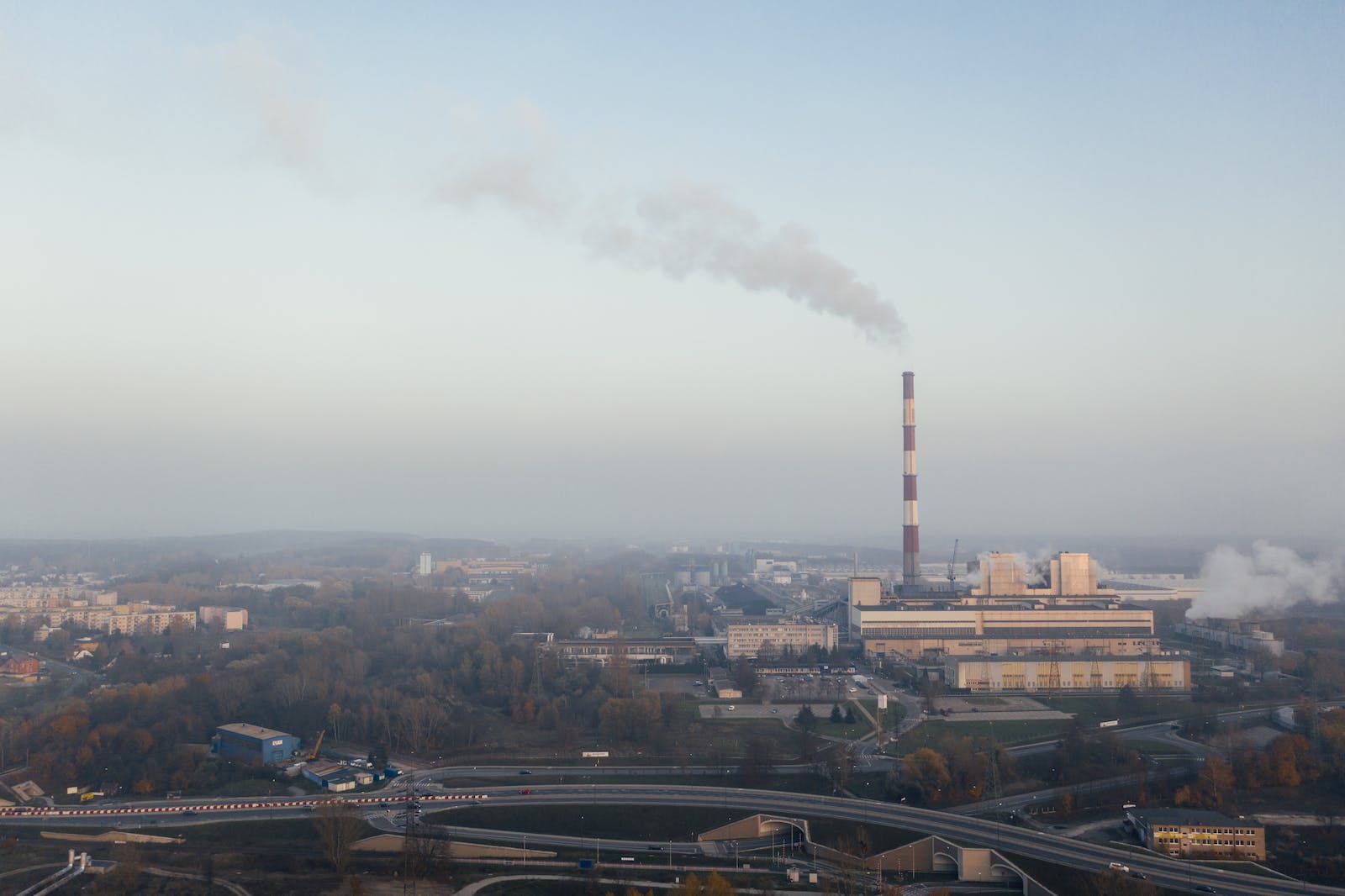
The Pros and Cons of Coal: Exploring the Benefits and Drawbacks
Dive into the Advantages and Disadvantages of Coal as an Energy Source
Coal has been a significant source of energy for centuries, powering industries and households around the world. This fossil fuel has both advantages and disadvantages, and its usage has been a topic of debate due to its impact on the environment and human health. In this article, we will explore the pros and cons of coal as an energy source, allowing you to gain a comprehensive understanding of its benefits and drawbacks.
Despite its widespread use, coal has faced increasing scrutiny due to its environmental impact and contribution to climate change. Understanding the advantages and disadvantages of coal is essential for making informed decisions about energy production and consumption.
Pros
Despite the controversies, coal offers several benefits that have made it a prominent energy source for decades. Let's delve into the advantages of coal and explore how it has contributed to global energy needs.
Missing a pro?
Cons
While coal has been a vital energy source, it also comes with inherent disadvantages that cannot be overlooked. Let's explore the darker aspects of coal and understand the challenges associated with its continued use.
Missing a con?
Conclusion
The debate surrounding the use of coal as an energy source reflects the complex interplay between its advantages and disadvantages. While coal has been a cornerstone of industrialization and economic progress, its environmental and health implications have prompted calls for transitioning towards cleaner and more sustainable energy alternatives. Understanding the trade-offs associated with coal is pivotal in shaping future energy policies and addressing the pressing challenges of climate change and pollution.







